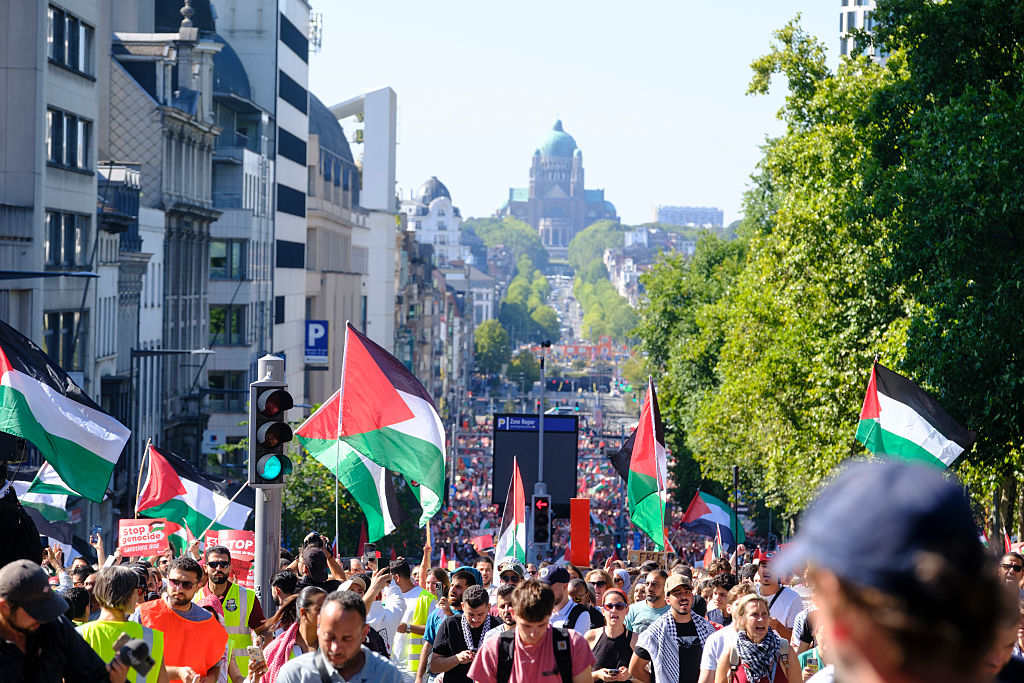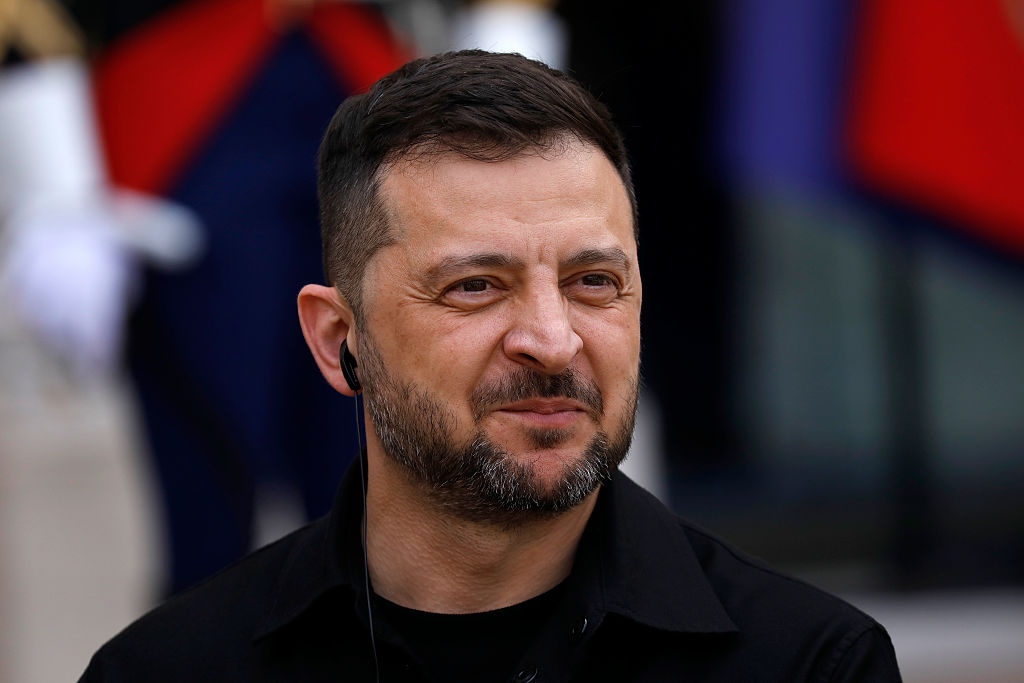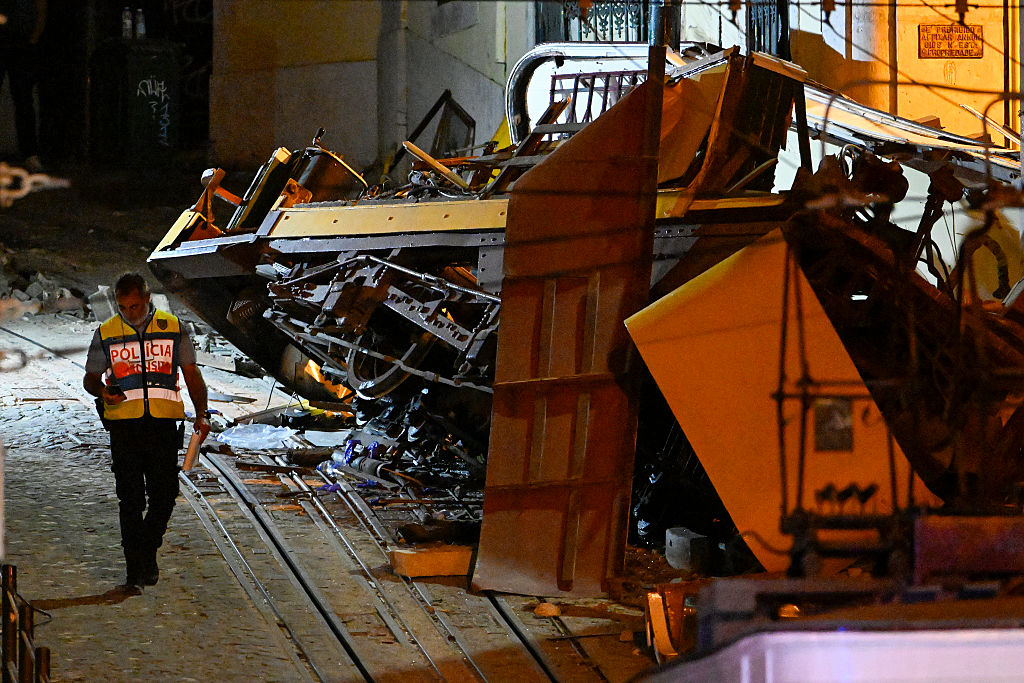Absent-minded MEPs passed a stern motion criticising their own European Union’s failed “militaristic strategy” in Ukraine – many of them by mistake.
During a session on September 9 at the European Parliament in Strasbourg, they voted on a series of texts, including one on Brussels’ response to Russia’s ongoing invasion of Ukraine.
Several amendments had been proposed to the text, including one from an MEP from Germany’s Left, excoriating the stance taken by the EU and backed by most member states.
The amendment “regrets the EU’s militaristic strategy in Ukraine, which has failed to secure peace and undermined the EU’s global relevance”.
And it demanded an “urgent shift” in the EU policy – one that has seen Brussels and most member states defend Ukraine’s sovereignty, supply arms and financial aid and impose sanctions on Moscow.
Such a position does not have the backing of the main centre Right and centre Left blocks in parliament and was not expected to pass – but it was nodded through after party floor chiefs gave a thumbs up.
Asked by AFP what happened, leaders from the Conservative European People’s Party (EPP) and Progressive Alliance of Socialists and Democrats (S&D) confirmed that they had made a mistake and wanted to correct their vote.
But populist groupings including Italy’s Five Star movement were delighted, hailing the vote as a victory against Europe’s “warmongering” mainstream position.
The incident occurred following a Russian strike earlier the same day that killed 24 people waiting for pension payments in the front-line town of Yarova in eastern Ukraine where Russian forces are massing forces for a large-scale offensive, officials said.
President Volodymyr Zelensky posted video showing several corpses strewn on the ground alongside a burned-out minivan and playground. He said there were “no words” to describe the latest Russian strikes. There was no immediate response from Russia’s military, the BBC reported.
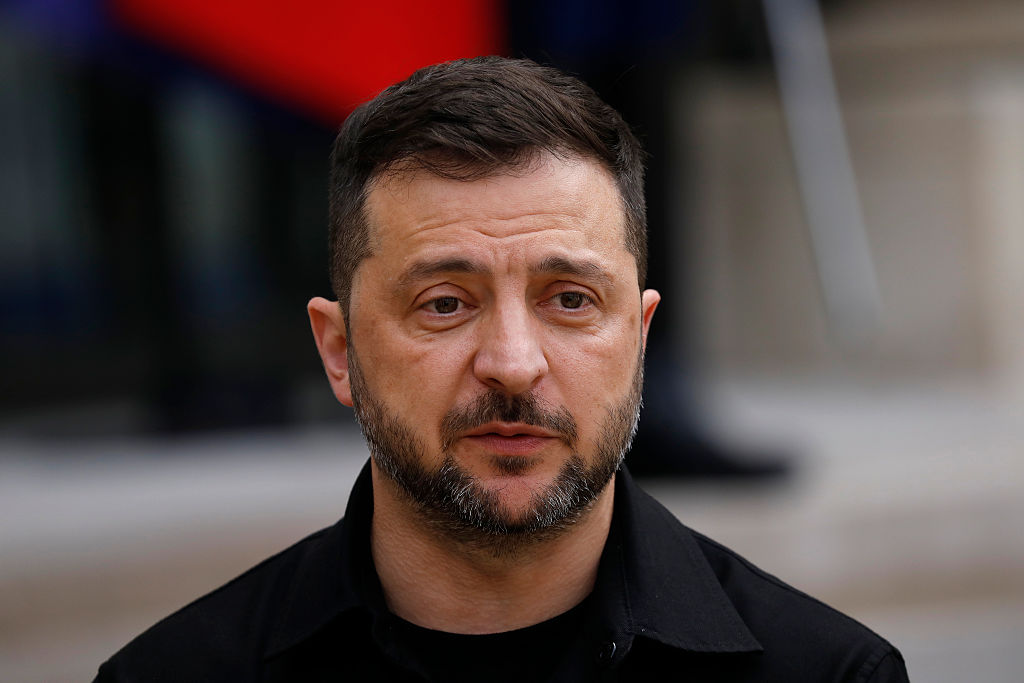
“A brutally savage Russian airstrike with an aerial bomb on the rural settlement of Yarova in the Donetsk region. Directly on people. Ordinary civilians. At the very moment when pensions were being disbursed,” Zelensky wrote online.
The head of the local administration in the nearby city of Lyman, Oleksandr Zhuravlyov, told Ukraine’s public broadcaster Suspilne that the attack took place at about 10:40am local time, as pensions were being handed out.
He said most of the victims were elderly people.
Ukrainian interior minister Ihor Klymenko later said Russia “dropped a guided air bomb” on the village.
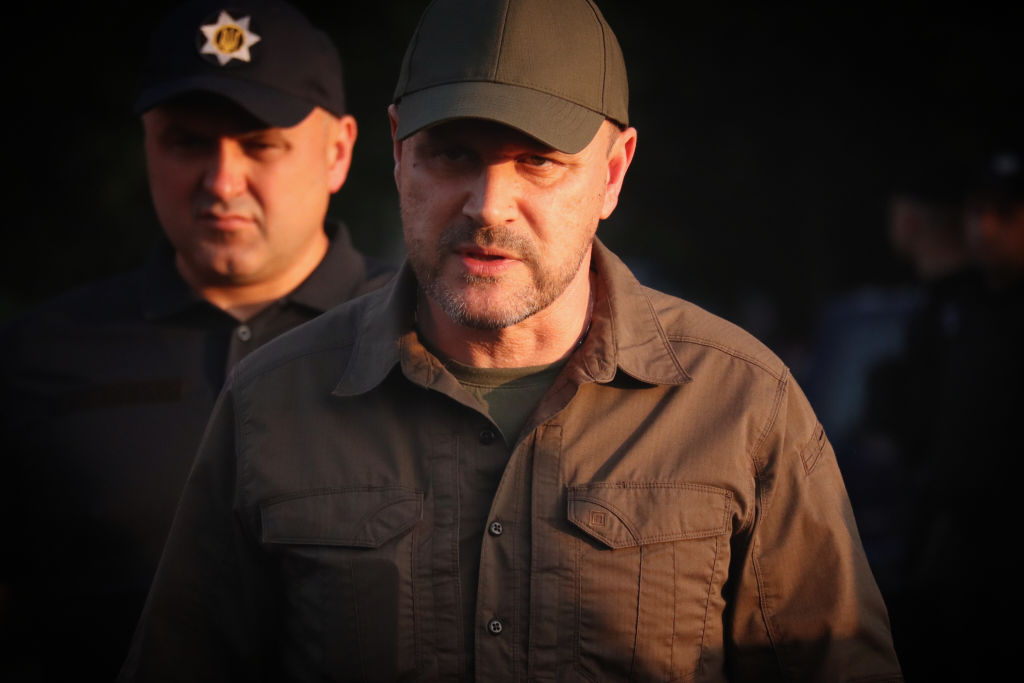
Yarova sits on a key railway line between the cities of Lyman and Izium. It is also only about 6km away from the next village of Novoselivka, where Russian forces are closing in on the outskirts.
Moscow has claimed the industrial region as part of Russia despite not having full control over it.
Kyiv said the Kremlin has massed 100,000 troops at a key part of the front line for a fresh offensive.
AFP journalists in eastern Ukraine saw mourners weeping outside a morgue where staff had laid out at least 13 corpses in black body bags.
Zelensky urged Ukraine’s allies to issue a response to the attack.
“A response is needed from the United States. A response is needed from Europe. A response is needed from the G20,” he said.
“Strong actions are needed to make Russia stop bringing death,” Zelensky added, while the prosecutor general said it had opened a war crime investigation.
“The world must not remain silent,” Zelensky said.
There was no immediate comment from Moscow or the Kremlin on the strike.
German defence minister Boris Pistorius, meanwhile, announced that Berlin would provide Ukraine with “several thousand long-range drones” to help it repel Russia’s invasion.
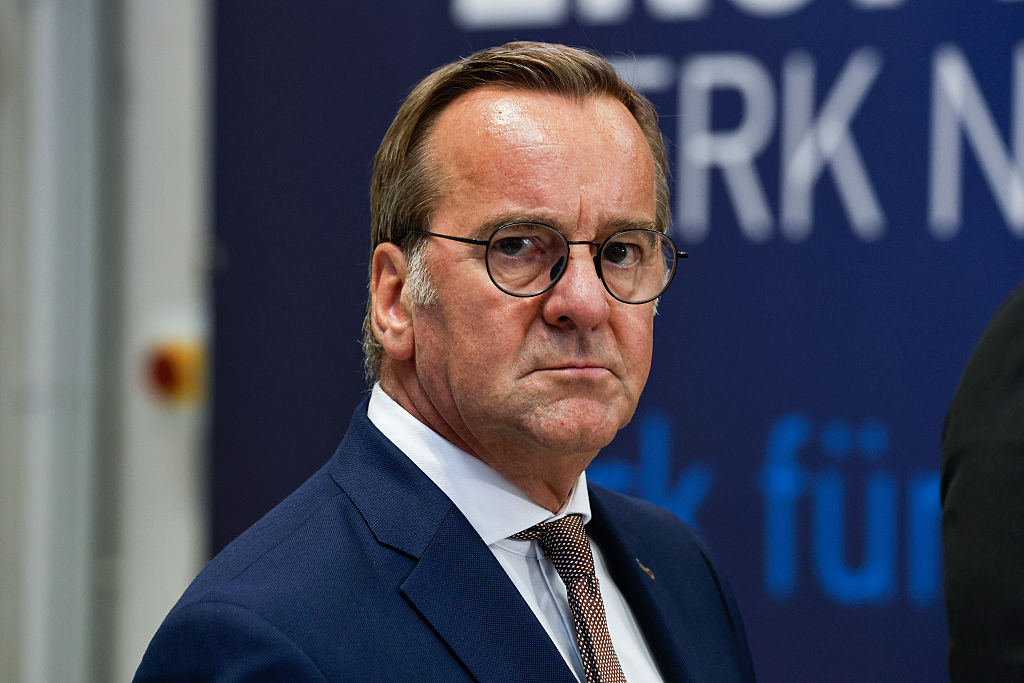
Berlin was “expanding Ukraine’s capabilities to weaken Russia’s war machinery in the hinterland, providing an effective defence” by boosting support for the procurement of long-range drones, he added.
US Treasury Secretary Scott Bessent also said yesterday that the US was willing to take “strong measures against Russia” over Ukraine but added that “our European partners must fully join us in this to be successful”.
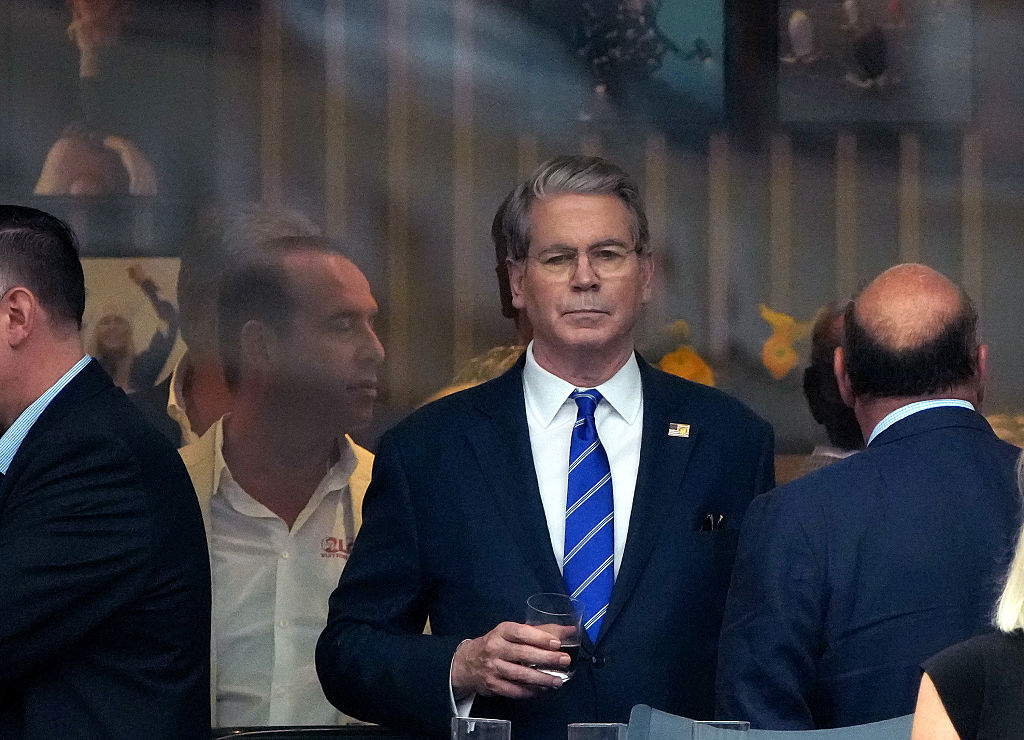
US President Donald Trump has said he has tried to find a way to end the war in recent weeks, including threatening on Sunday to impose more sanctions on Russia, but has little to show for his efforts.
Following an EU-US meeting hosted by Bessent yesterday, Ukrainian Prime Minister Yulia Svyrydenko urged allies to further tighten sanctions that have cost the Russian economy billions of dollars.
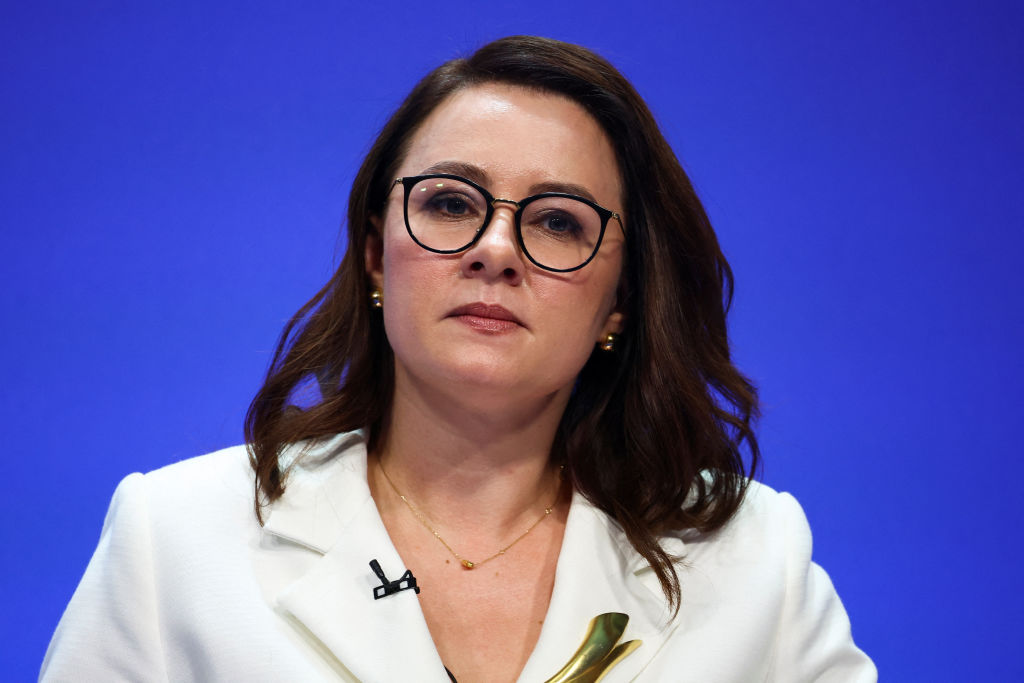
“Only decisive measures can reduce Russia’s capacity to wage war and bring its daily atrocities and terror to an end,” she said on X.
Ukrainian commander-in-chief Oleksandr Syrsky said on September 8 that Russian forces outnumbered Ukrainian troops threefold in some areas of the front and by six times in regions where Moscow has concentrated its forces.
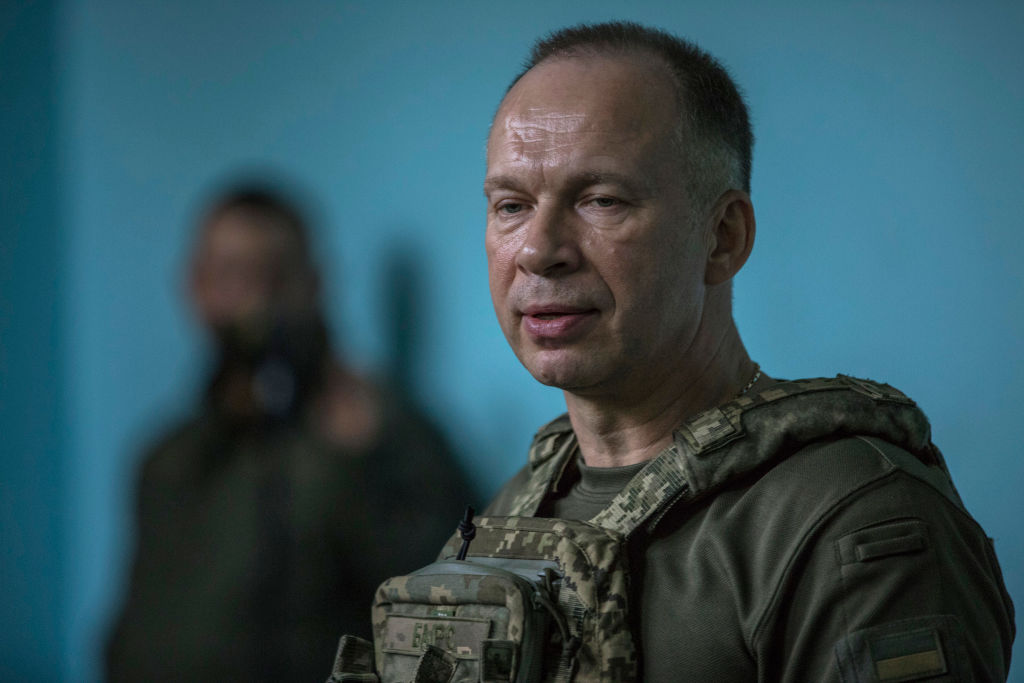
The latest strike came just days after a Russian missile crashed into the Ukrainian Government headquarters in central Kyiv, the first time the complex had been hit in the three-and-a-half-year war.
Tens of thousands of people have been killed and millions forced from their homes in Europe’s bloodiest conflict since the Second World War.


